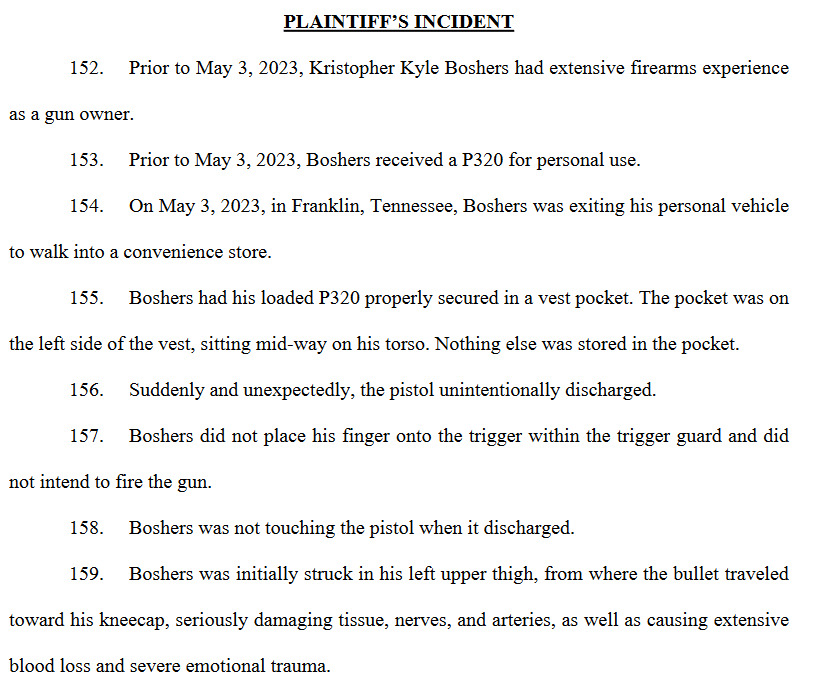There is a style of communication called “mitigated speech”. I learned about it by watching a video by Malcolm Gladwell giving a speech about his book Outliers.
It comes about when somebody uses language that is designed to not offend, rather than to say things clearly.
One of the examples given, was of a co-pilot at Washington National Airport saying to the pilot something like, “Wow, there is sure a lot of ice coming down.”
The pilot, busy with pre-takeoff work load, replied, “yeah, it’s nasty out there.” and then proceeded with the checklist.
The co-pilot waited a little bit and asked, “I wonder if we should think about getting de-iced?”
The pilot didn’t do anything. A few minutes later, they were at take off speed, they rotated, came off the ground, and a few minutes later crashed into the Potomac River.
The co-pilot was using mitigated language. Instead of saying it clearly, such as, “I’m seeing ice build up on the wings. We should wait for de-icing”, he instead said things that did not make it sound like he was attempting to override the pilot’s authority.
Mitigated speech is also used when a person is afraid of the consequences of making a decision.
If you say, “I’m hungry.” You haven’t given a hint, you haven’t questioned anybody. You’ve “just” made a statement. In an environment which is trained to understand mitigated speech, this is a command to make dinner.
When somebody who is autistic, who is used to attempting clear communications, with a formalized response, “I’m hungry.” or “What’s for dinner?” are a simple statement or a simple question. They are not commands.
In the same way, if I hear those things, I am likely to acknowledge the statement and answer the question, I’m not going to take them as commands.
My wife used to use mitigated language, ALL, THE, TIME. It led to significant stress in our relationship.
I showed her the video, she asked me, “Why didn’t the pilot just do the de-icing?” I responded, “Why didn’t the co-pilot just say it clearly?”
She got it.
She has been working diligently to stop using mitigating speech. For her, that mitigating speech was pure protection. She could honestly say, “I never said that.” and be correct. If she said something and I read it correctly but was unhappy, she “never said it”. If I didn’t do it, I “wasn’t listening to her”.
It was amazingly safe and comfortable for her.
We are more balanced today. She’s put in the most effort. I listen for that mitigating speech and turn it into concrete speech with verification. Both of us put in an effort.
When It All Breaks.
A few years ago, my wife’s best friend realized that her husband had dementia. He went from the person in charge to having difficulties functioning. This hits me hard because of my mother and father.
My wife reached out, told her friend that she was there for her. My wife works constantly, but she was sending texts and messages to try to stay in touch. She offered help and had it turned down.
Today, my wife got a long text message from her friend. My wife was accused of being a horrible person, a horrible friend, a horrible mother. She was accused of not caring because she hadn’t brought dinners over. That she hadn’t stopped in.
It was mitigated speech that did this.
My wife was sending texts. Her friend wasn’t responding. In her friends “mitigation codebook,” it said, “not answering a series of text messages is a request for a visit.” Chapter IX, Section A, subsection g, paragraph 17. Right?
My wife didn’t have the same codebook, her codebook said, “not answering a text is an indication of being busy.”
She assumed her friend was just too busy to make time to text or message with her. And since she had made multiple offers to help with no response that wasn’t negative, she had done all she could and all her friend could accept.
I gave my wife some guidance on language. Sent her over to her friend’s house. It worked. My wife came back with things to do for her friend. Which she was happy to do.
Kids got tasked to help out the friend, little things, like my 18yo boy collecting and taking the garbage out to the curb for her. Cost my son 7.25 minutes, I timed him.
Dementia is horrible
My wife was barely back home from shopping, including picking up stuff for her friend, when her friend called with an Emergency.
My wife was off like a shot.
It appears that her friend’s husband had “taken a handful of sleeping pills”. Wife got there, evaluated, called 911.
Police, EMT, Rescue all rolled on the code. The husband survived. He did answer to in the affirmative for wanting to kill himself.
I’m a little upset that he didn’t get a 72hr hold, but he’s still at home. Friend is still dealing with him. But at least my wife knows what is expected of her. The kids know what is expected of them.
Conclusion
I’m proud of my wife. When she received that first message, she broke. She went defensive. But with very little coaching, she turned it around, recognized that it was a plea for help. And was there for her friend.
For me, I have to make the time to call my father, every Monday. He needs that contact. I want to support him. I do not want him to feel alone.
For the rest of you, take the time to say “I love you” to those that you love. You might lose them, you don’t want to ever regret the last thing you say to a loved one.
Like this:
Like Loading...

